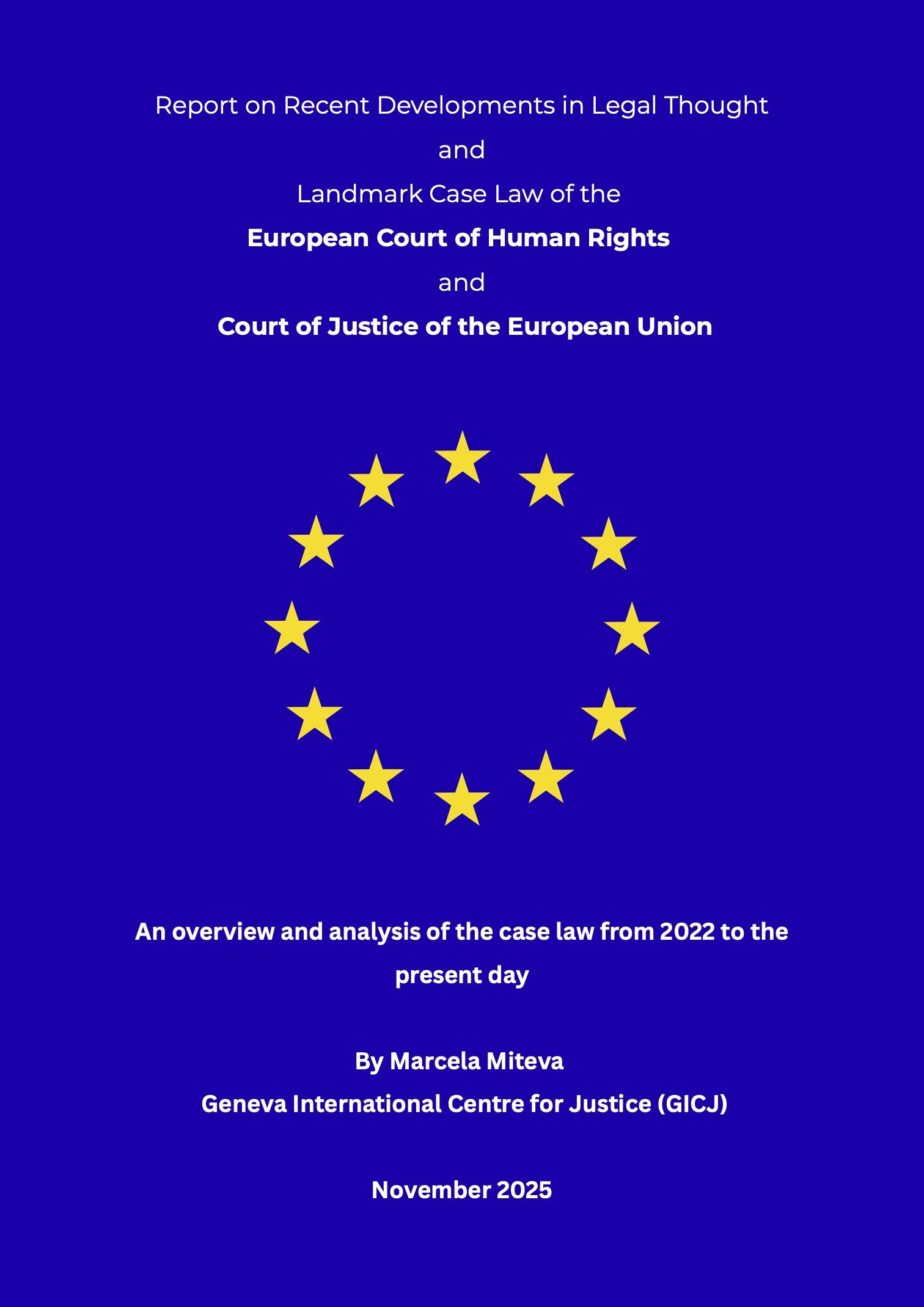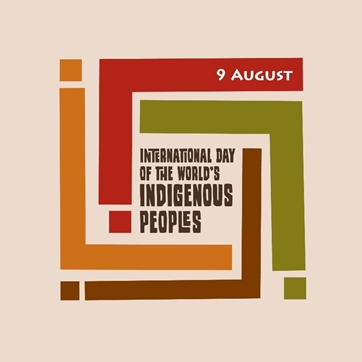
By Mutua K. Kobia
Introduction –
In Resolution 49/214 on the International Decade of the World’s Indigenous People, the General Assembly officially declared 9 August the “Internatinoal Day of the World’s Indigenous People”. The date marks the anniversary of the first day of the meeting of the Working Group on Indigenous Populations in 1982. This year (2017) marks the 10th anniversary of the adoption of the United Nations Declaration on the Rights of Indigenous Peoples (UNDRIP), which will also be the theme for this year’s International Day1.
The UNDRIP is a comprehensive declaration that is specific to indigenous peoples and there has been much progress regarding the adoption of the Declaration as well as its implementation by some governments and states. However, there still remains a large gap in that these rights are not entirely recognized by all nations, which therefore, hinders implementation policies on the ground. This is testament to the extent of oppression that indigenous peoples faced before the Declaration was adopted and many will continue to face discrimination and exclusion so long as they are not recognized and the Declaration is not acknowledged or implemented. The commemoration of UNDRIP will include a high-level segment with a “discussion on the successes and challenges faced in the implementation of the UNDRIP over the past decade”.

Indigenous peoples and international law –
There are currently three specific UN mandated bodies that explicitely address issues faced by indigenous peoples. These are the Expert Mechanism on the Rights of Indigenous Peoples (EMRIP), the United Nations Permanent Forum on Indigenous Issues (UNPFII), and the Special Rapporteur on the Rights of Indigenous Peoples. Various and diverse issues such as economic and social development, education, the environment, health, and human rights amongst other specific thematic issues are covered by all three UN mandated bodies.
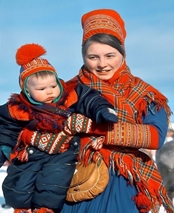 |
| Despite protection under law environmental and mining threats adversely affect the livelihoods of Sami people. |
States, indigenous people, indigenous peoples’ organisations, civil society, intergovernmental organisations, and academia take part in the annual sessions of EMRIP to discuss in what ways the UNDRIP can help the lives of indigenous peoples and to meet various interested parties to “respond to the Human Rights Council’s request for expert advice”. It has mainly worked on two thematic issues; 1. “the right of indigenous peoples to education” and 2. “the right to participate in decision-making”2. UNPFII on the other hand is a “high-level advisory body to the Economic and Social Council”3 that “provides expert advice and recommendations on indigenous issues to the Council, as well as to other programmes, funds and agencies of the United Nations”. The special rapporteur “promotes good practices… reports on the overall situations of indigenous peoples in selected countries, addresses specific or alleged violations on the rights of indigenous peoples, and conducts or contributes to thematic studies on topics of special importance”. The UN Voluntary Fund for Indigenous Peoples was established in 1985 to assist representatives of indigenous communities and organizations in attending and participating in these relevant and important sessions.
The Declaration has already been used to develop specific national laws that recognize and guarantee the rights of indigenous peoples, and has also enhanced existing national legislation to this measure. Unfortunately, however, indigenous laws are not recognised by a number of countries’ domestic laws.
GICJ participated in the 10th Session of EMRIP (from 10 – 14 July, 2017) and noted that some of the pertinent and relevant issues that were covered included the right to self-determination, land rights, education, and the adverse and harmful impacts of transnational corporations and businesses. During the session, there was a panel discussion on “Celebrating 10 years on the UN Declaration on the Rights of Indigenous Peoples” under item 6, which highlighted the long struggle to achieve rights for indigenous people that began during the time of the League of Nations and it also recognized the achievements (despite very few) along the way.
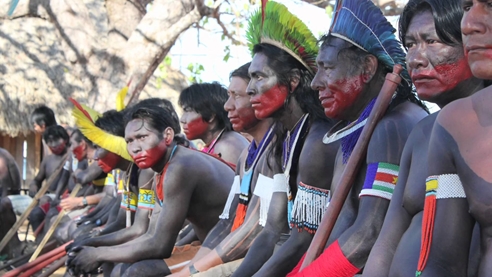
Finally, future work and activities were discussed. One of the key issues that was echoed by numerous representatives was on language, and in particular, translating the language found in the Declaration, in national and domestic law, and iin nternational law to other indigenous languages. It was evident that among the 90 plus languages within the indigenous population many have been left out. As well, many indigenous languages are becoming extinct, therefore, a lot of representatives recommended that education in this regard should be enhanced and countries should encourage accessibility and teaching of such languages in order to preserve cultural heritage.
Diversity –
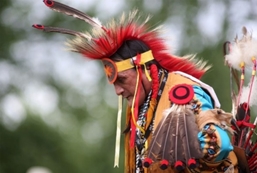 Indigenous peoples carry an abundance of cultural and linguistic diversity that is often overlooked or undervalued. Since the inception of the United Nations Educational, Scientific and Cultural Organisation (UNESCO) Constitution in 1945 the promotion of “fruitful diversity of cultures” has been promoted to preserve and appreciate cultural diversity as it is “as necessary for humankind as biodiversity is for nature”4. The importance of linguistic diversity and multilingualism has been heavily emphasised by numerous indigenous communities and must be recognized and appreciated by all.
Indigenous peoples carry an abundance of cultural and linguistic diversity that is often overlooked or undervalued. Since the inception of the United Nations Educational, Scientific and Cultural Organisation (UNESCO) Constitution in 1945 the promotion of “fruitful diversity of cultures” has been promoted to preserve and appreciate cultural diversity as it is “as necessary for humankind as biodiversity is for nature”4. The importance of linguistic diversity and multilingualism has been heavily emphasised by numerous indigenous communities and must be recognized and appreciated by all.
Indigenous peoples for decades and still today fight for the protection of cultural heritage. Language in this sense is highly crucial as many are becoming extinct due to the fact that it is not being transferred to the next generation. In many instances children cannot communicate with their grandparents as a result of this gap.
Environment –
 |
| The Afar people of Ethiopia (chikilux.de) |
Indigenous and traditional knowledge is becoming more and more prominent regarding climate change observations and solutions at the international level as is noted in the Fifth Assessment Report for the Intergovernmental Panel on Climate Change. Most, if not all, indigenous communities have a deep respect for the environment as it is integral to their way of life and metaphysical beliefs.
Indigenous people have made many achievements and contributions regarding environmental protection and their contributions often take into consideration elements that are overlooked by scientific experts. For instance, the Afar pastoralists in Ethiopia predict weather by observing, taking note, analysing and triangulating information of the stars, winds, insects, birds, livestock, and trees. Additionally, indigenous peoples have been engaged in fire management and indigenous soil enhancement practices as well as maintained and preserved forests, rivers, and wilderness areas over several generations and they provide tools for the sustainable development of nature5.
Conclusion –
The recognition of indigenous people is thus important not only for indigenous communities but for cultural heritage and the environment alike as they have unique cultures and ways of relating people with the environment; therefore, special measures should be taken to protect their distinct cultures and ways of living. It is also essential to recognize their unique contributions towards peace, development, and the environment and we should appreciate their life-style and ways of communal living in solidarity with each other and our planet.

2. http://www.ohchr.org/Documents/Issues/IPeoples/EMRIP/EMRIP_leaflet_En.pdf
3. https://www.un.org/development/desa/indigenouspeoples/unpfii-sessions-2.html
4. http://www.unesco.org/new/en/indigenous-peoples/cultural-and-linguistic-diversity/
Day of Remembrance articles by GICJ:
|
|
|
|
|
|
|
|||||
| International World Population Day | Day Against Trafficking in Persons | Nelson Mandela Day | Support for Victims of Torture | World Refugee Day | International Children's Day |








